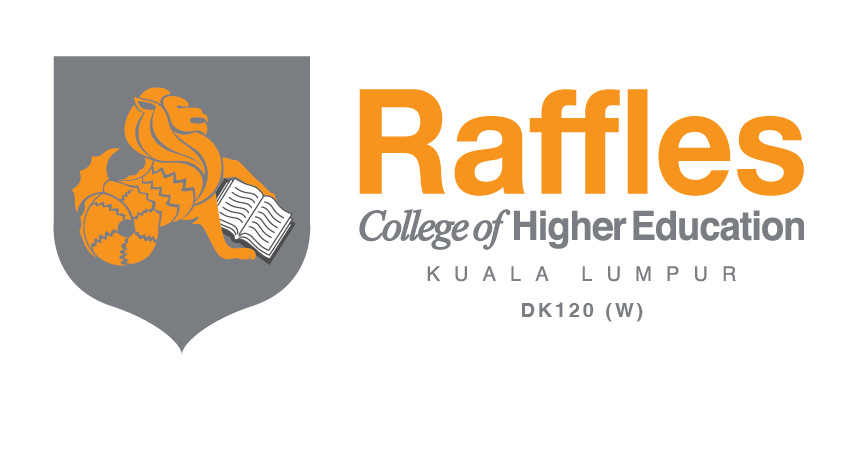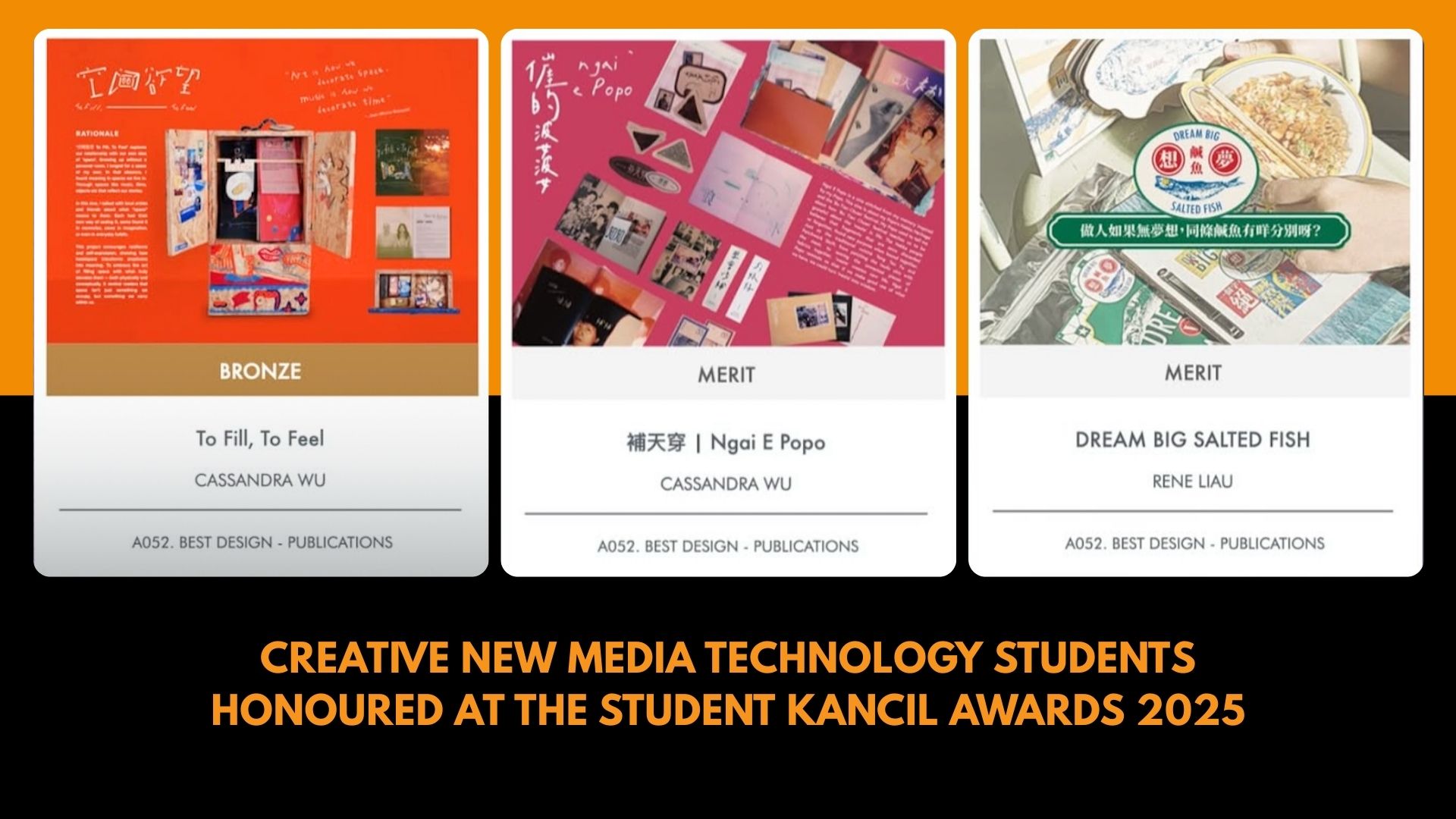
(Google Image Source 2025)
Tourism has never been smarter than it is now. Artificial Intelligence (AI) and Generative AI (GenAI) are significantly transforming the global tourism industry. For example, AI-powered travel planners and self-driving service systems in airports and hotels are becoming more common.
It’s not just about technology; it’s also about how places think about, plan for, and interact with travelers. The best companies are those that utilise data and AI to provide personalised, efficient, and lasting experiences as countries reopen, compete, and rebuild. Welcome to Smart Tourism 2.0, where data is the new travel map and algorithms are the latest travel agents.
The AI Revolution in Travel
Personalization was the first way AI changed tourism. When you use Google Travel, Expedia, or Booking.com to plan a trip, the suggestions you get are based on predictive AI models that look at how people act, the time of year, and their feelings. The field is now transitioning into a new phase known as Generative AI. Traveler’s can plan their whole trip in one conversation with platforms like Trip advisor’s AI Trip Builder, Kayak’s ChatGPT plug-in, and Expedia’s GenAI concierge. Tourists can say, “Plan me a 5-day eco-friendly trip in Bali for less than $1,000,” and the AI will quickly create the best plan for them, including flights, hotels, and activities. This change not only benefits users, but it also alters the way destination management organisations (DMOs) operate. AI can now analyze millions of pieces of data, including reviews, photos, weather, transportation, and spending patterns. This helps destinations make wise choices about marketing, crowd control, and sustainability.
How Places Are Getting Smarter
Top tourist spots around the world are using AI to make tourism flow better, improve the quality of experiences, and make the industry more sustainable:
• The Singapore Tourism Board (STB) uses AI-powered sentiment analytics to keep an eye on how travelers feel in real time. Their Singapore Reimagine campaign utilises predictive insights to enhance visitors’ experiences.
• Visit Dubai uses AI dashboards to keep track of how many people come to the city, how many hotels are full, and how much they spend. This helps the city enhance its marketing campaigns across all its target markets.
• The Japan National Tourism Organisation (JNTO) has put AI translation systems in airports and train stations so that international traveler’s can easily talk to local staff.
• Helsinki and Amsterdam have put AI crowd-management systems in place that direct tourists away from crowded attractions and to less well-known areas, which encourages sustainable urban tourism.
This represents a shift from reactive management to predictive destination intelligence, where data anticipates what visitors will need before they arrive.
Generative AI: The New Trip Planner
Generative AI is not just about personalisation; it’s about creativity and innovation. GenAI tools can craft unique travel experiences, itineraries, and stories, going beyond preset answers to create truly memorable journeys. This innovation in AI is set to redefine the way we travel, making each trip a one-of-a-kind adventure. Marriott and Accor hotels are testing AI concierges that can converse with guests naturally and provide local recommendations in multiple languages. Emirates and Qatar Airways are testing AI-powered service bots to assist passengers 24 hours a day, 7 days a week. Airbnb utilizes AI image analysis to verify listings and ensure they are safe and secure.
In the meantime, destination marketers are utilising GenAI to create virtual tours, immersive content, multilingual campaigns, and even AI-generated images of what new developments will look like. These tools can offer potential visitors a more realistic and engaging preview of their travel experience, thereby increasing their interest and likelihood of booking.
Tourism boards, such as Visit Iceland and Tourism New Zealand, now utilize AI to recreate visitors’ journeys digitally. This allows them to test and refine their marketing messages before investing millions in campaigns. By simulating the visitor experience, these tools can help marketers identify the most compelling aspects of their destinations and tailor their campaigns accordingly.
Problems and Moral Issues
Although it sounds promising, there are still issues with AI-driven tourism.
• Data privacy: AI looks at traveler’s preferences and spending habits, so data security is now a top priority.
• Job loss: Automation makes people worry that it will cut back on jobs in hospitality.
AI-driven tourism is not about homogenising experiences; it’s about enhancing cultural authenticity. By leveraging AI, destinations can offer personalised experiences that respect and showcase local culture, ensuring that each visit is a unique and enriching cultural experience.
• AI bias: If algorithms aren’t checked, they could unfairly boost certain places or groups of people.
As tourism becomes increasingly digital, it is more important than ever to utilise responsible innovation and ethical AI governance to maintain trust and openness.
The Future of Tourism: Predictable, Customisable, and Long-Lasting
AI ecosystems that connect traveler’s, operators, and governments in real time will be the next big thing in tourism management. Destinations will transition from passive hosts to innovative platforms that adapt based on traveler behaviour, environmental pressures, and cultural preservation goals. In this new model, data scientists, digital strategists, and tourism managers will collaborate to create smarter destinations that are environmentally friendly, tailored to each visitor, and profitable.
Tatyana DEDKOVA
Tourism & Hospitality Lecturer
References
Expedia Group. (2025). How AI is transforming the travel experience. Expedia Insights. https://www.expediagroup.com
Singapore Tourism Board. (2025). Tourism Reimagine campaign and AI-driven insights. https://www.stb.gov.sg
McKinsey & Company. (2024). The future of travel and hospitality: AI, personalisation, and experience innovation. https://www.mckinsey.com
World Tourism Organisation (UNWTO). (2025). Artificial intelligence and smart tourism governance. https://www.unwto.org
Deloitte. (2025). Smart tourism: Building intelligent destinations with data and AI. Deloitte Insights. https://www.deloitte.com







